
Bespoke Māori Blanket is Centrepiece of Motion Sickness’ Latest Brand Identity Work

Social Value Aotearoa has called on governments and businesses to redefine social value with a bold campaign and brand identity update from Motion Sickness, centred on a bespoke blanket inspired by traditional Māori design principles.
In the B2B direct campaign, SVA encourages business and government leaders to rethink how value is measured and defined. ‘No Blanket Value’ uses design to challenge a system that privileges metrics over meaning, and builds on the organisation’s new brand identity, developed by the Motion Sickness design office.
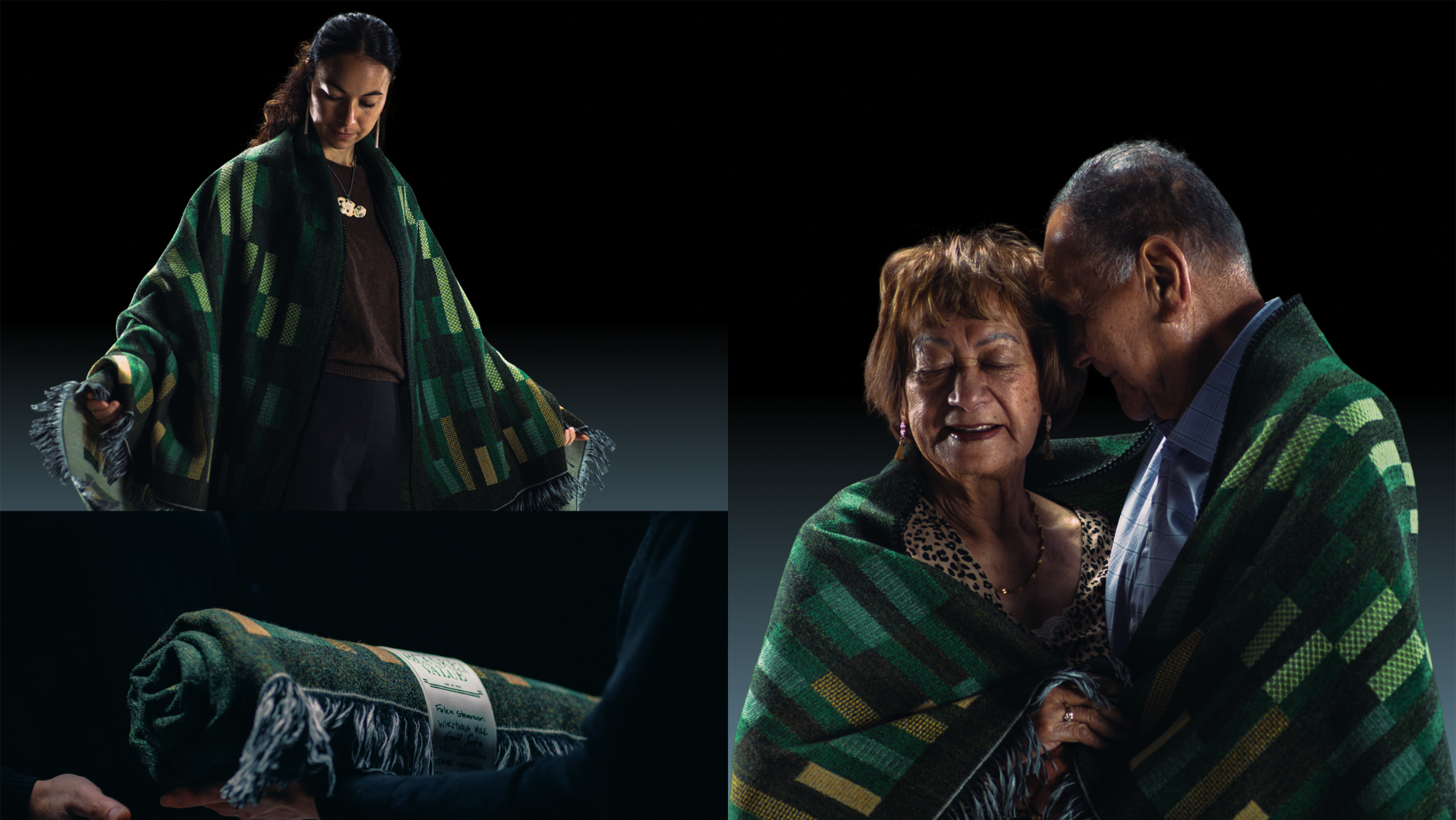
SVA is an organisation working to unite people, businesses and communities to redefine the way society accounts for social value, helping them embed the principles and practices of social value throughout their work, so that the impact of their work can be consistently measured and managed from within.
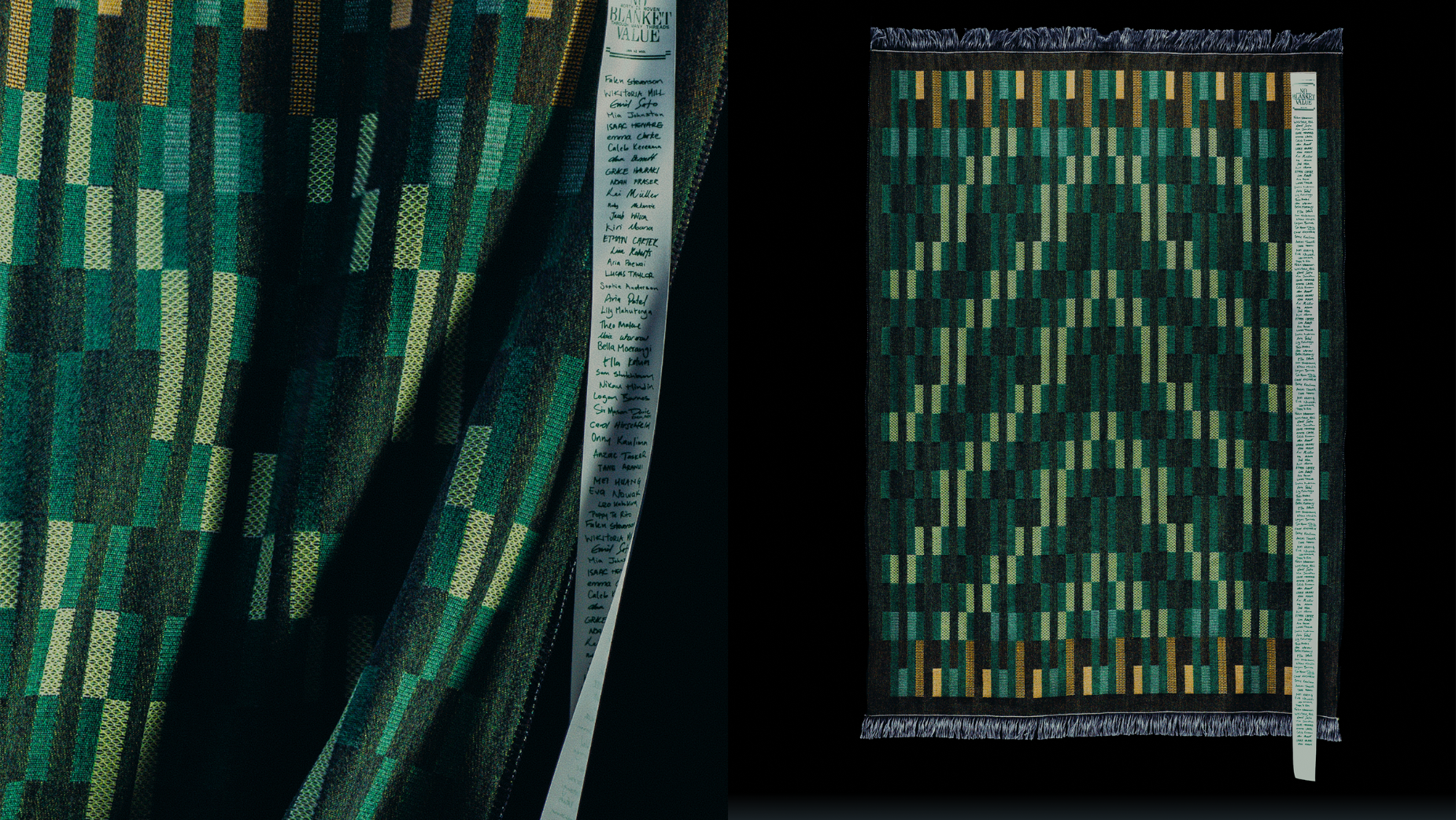
To reach hard-to-access decision-makers, SVA partnered with Noa Blanket Co to create the blanket. Associated with a history of uneven exchange, the campaign reclaims the blanket as a symbol of alignment to be accepted by those willing to lead differently.
Motion Sickness creative director Jordan Stent told LBB the agency approached the blanket as more of a gesture than a crafted object, noting it’s “not decorative, not sentimental, but something with a bit more weight in hand.”
“Dignity and belonging are hard to pin down, but you know when they’re present,” he said.
“Instead of trying to represent them directly, we focused on creating the conditions for those values to grow -- care, responsibility, connection -- and embedded those ideas structurally through pattern, colour, process and intent.
“Over time, the blanket softens and shapes to its environment, which felt important too. Like the relationships it references, it isn’t static. It shifts, adapts, and takes form through how it’s held.”
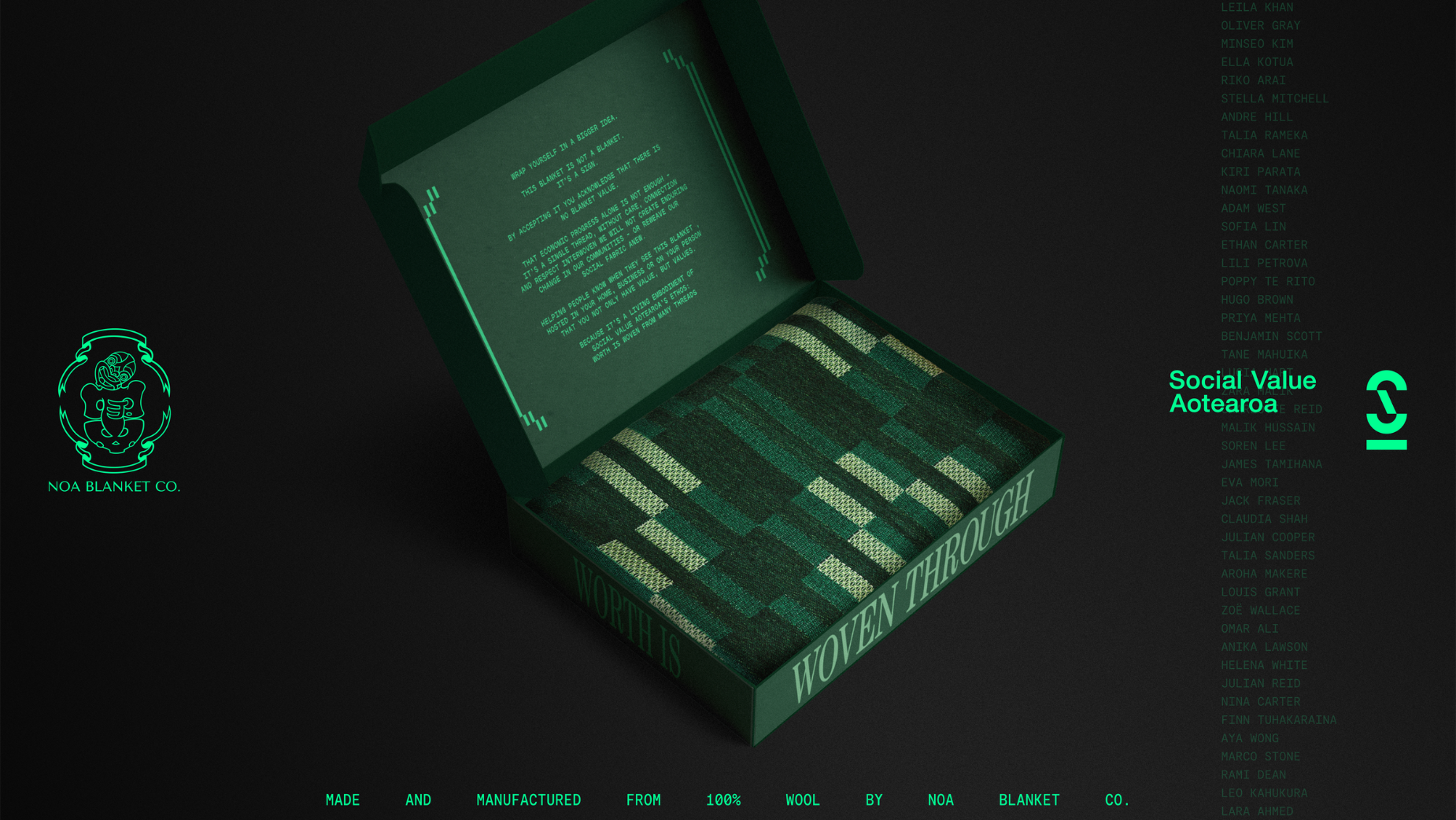
Central to the design is Te Pā Harakeke, a Māori metaphor representing a multi-generational support system. Jordan said Te Pā Harakeke was the foundation for the blanket’s design.
“It gave us a structure to design within; something that could hold the kaupapa [policy or principle] in a way that felt accountable and relational, not just conceptual,” he said.
“Working closely with a partner like Noa Blanket Co meant the metaphor wasn’t just symbolic, it was embedded in process.”
The tukutuku -- traditional Māori ornamental latticework -- design’s poutama (a stepped pattern) panels reflect growth, abundance, and potential. The patterns hold the deeper message that progress isn’t linear, and value isn’t individual.
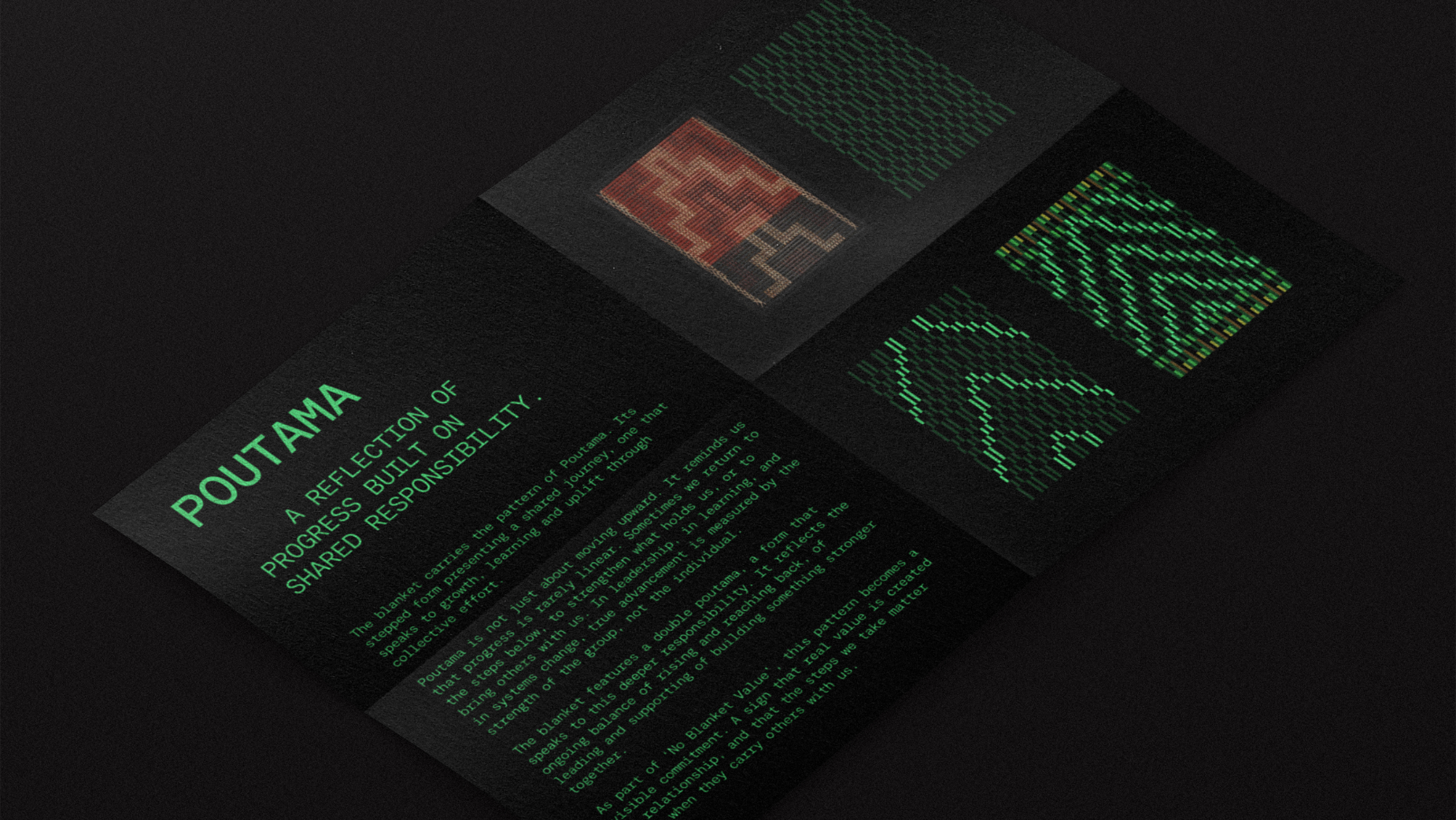
SVA’s new brand identity, developed alongside the blanket, also places an Aotearoa-centric design system at the forefront, ensuring its kaupapa is reflected in every facet of the brand.
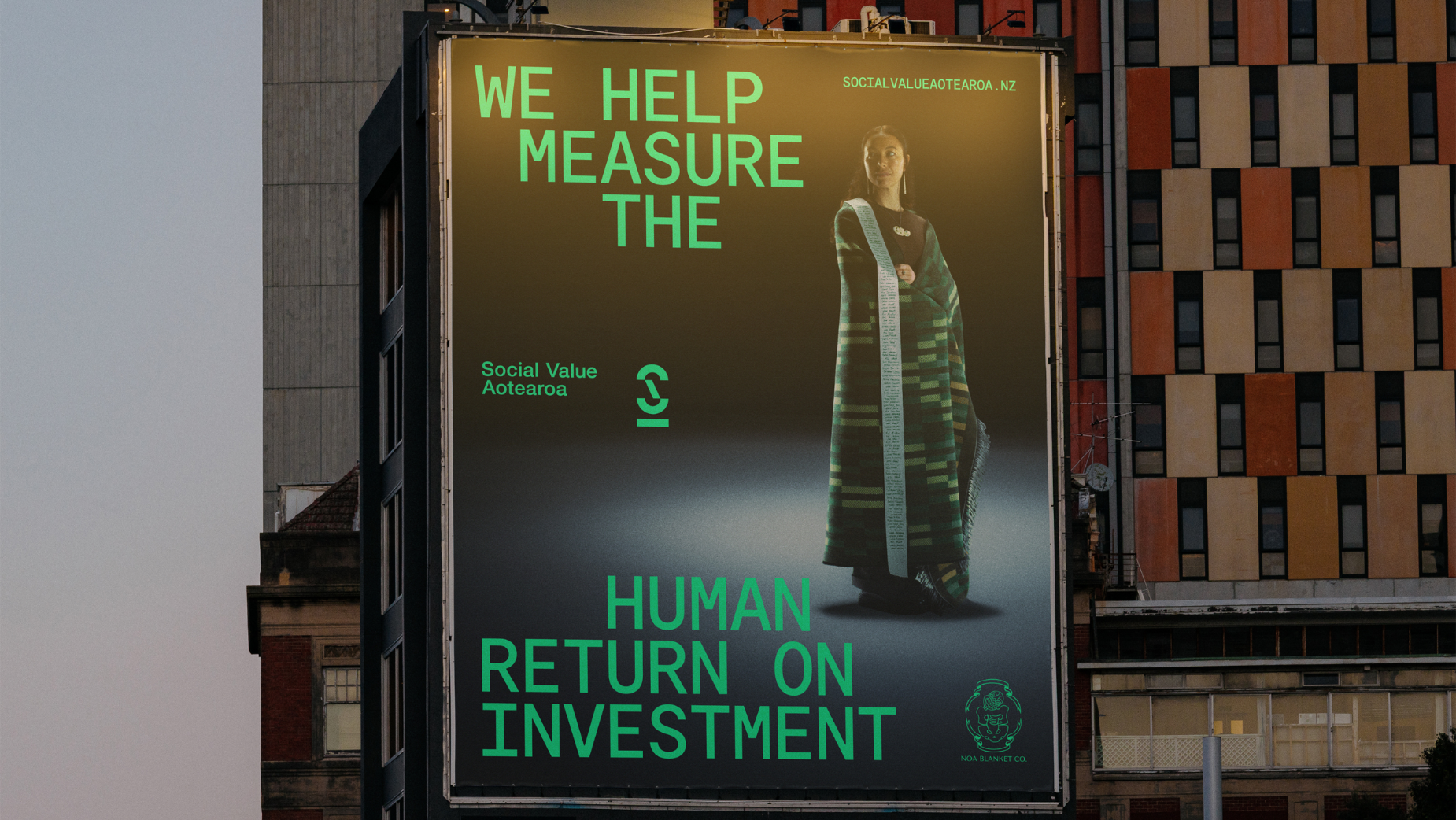
The identity needed to build clarity and trust, beyond abstract terminology, to focus on people, place, and purpose.
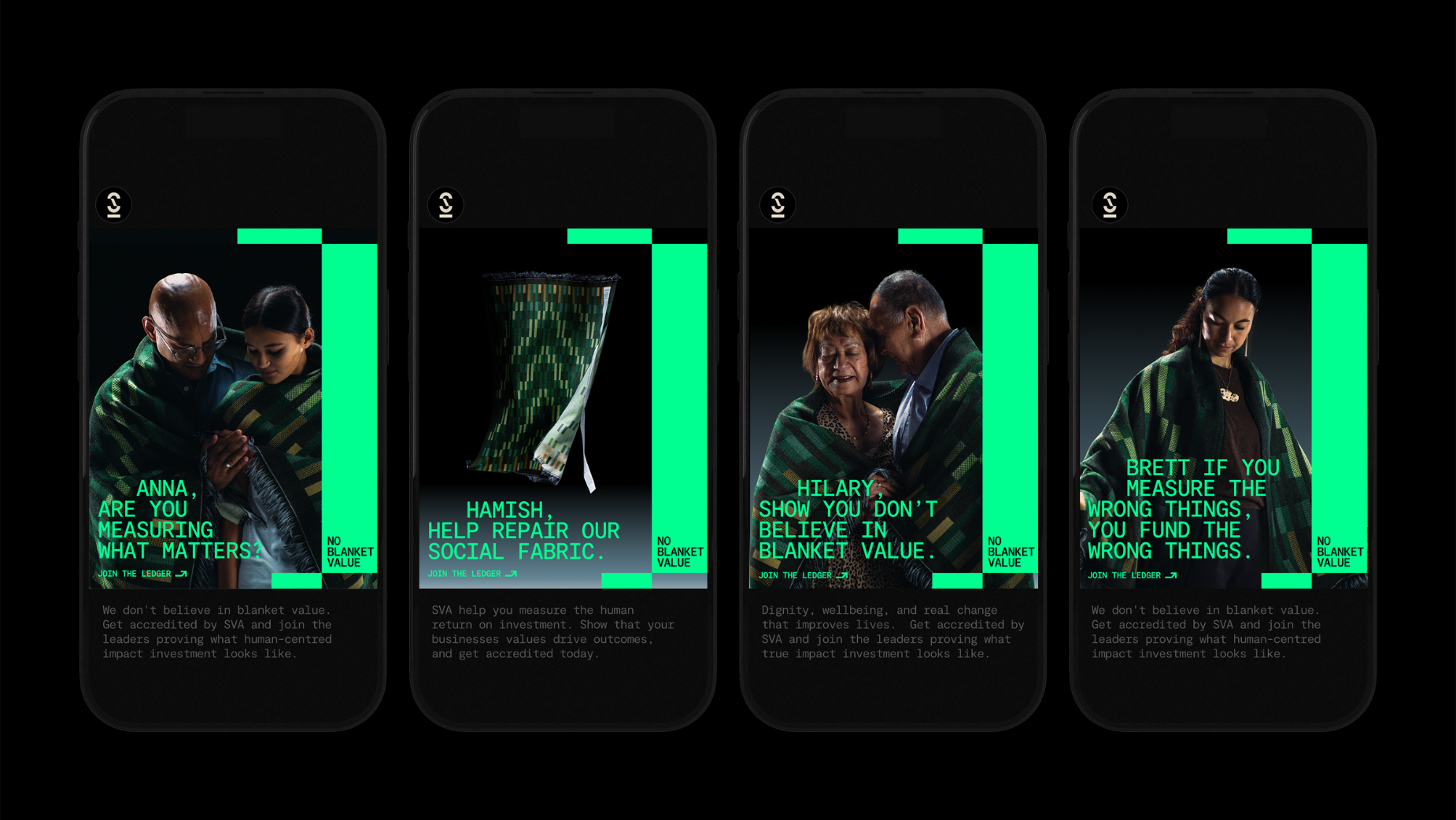
“The tukutuku and poutama weren’t just visual references,” Jordan explained. “They were used intentionally to shift how the blanket is read: not just as a design, but as a relationship.
“Poutama speaks to growth, learning, and ascension. But in this context, it wasn’t about individual success; it was about collective uplift.”
The blanket is accompanied by a ledger, a living record of leaders choosing to “measure what truly matters”.
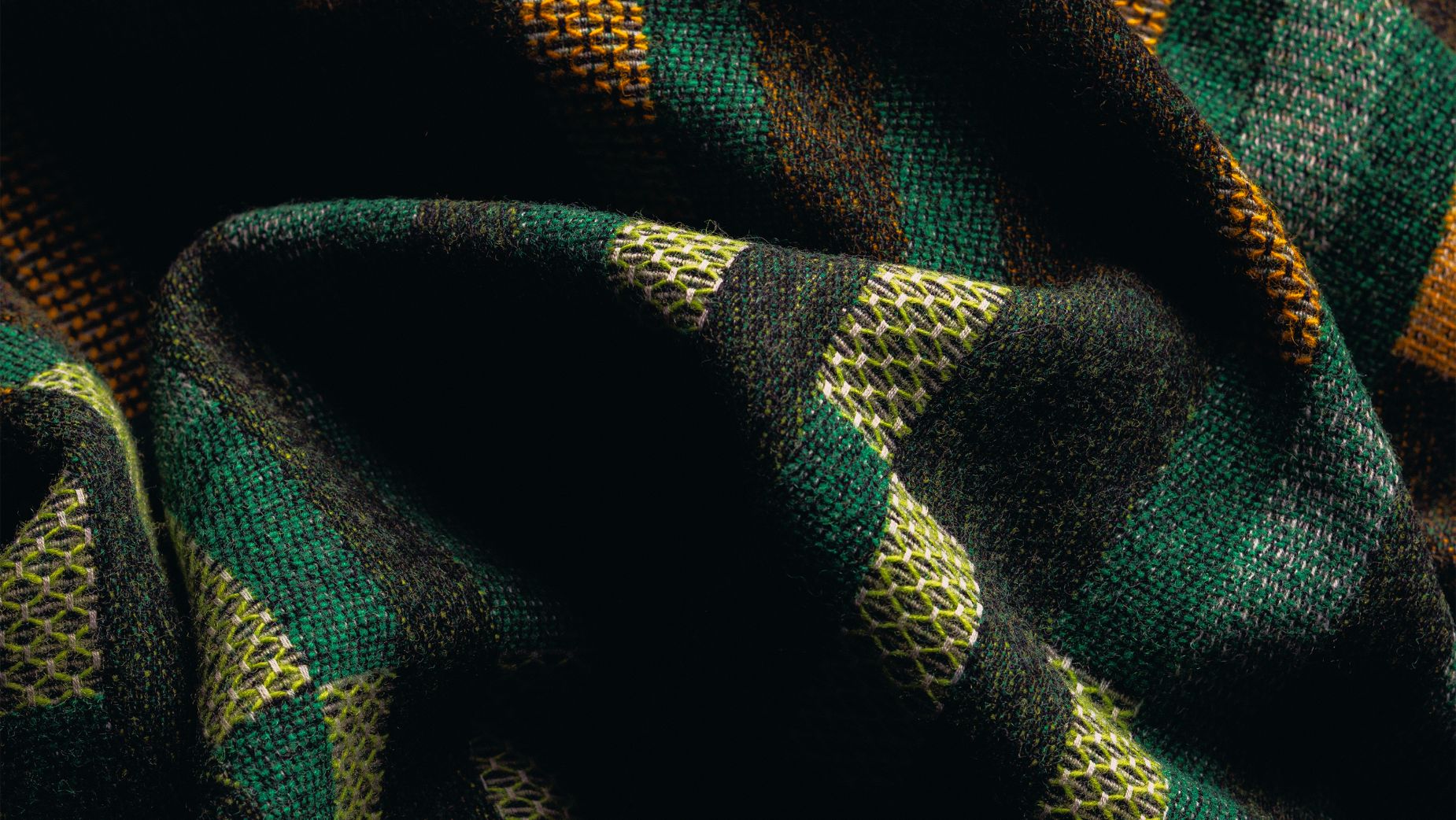
Motion Sickness Kaitaunaki Māori, Kātene Durie-Doherty, told LBB the agency’s framework was “shaped by Indigenous thinking”.
“[It] gave structure to what our communities have always known: that acts of care carry deep, long-lasting value,” Kātene said.
He added that SVA’s kaupapa shaped “every part” of the work.
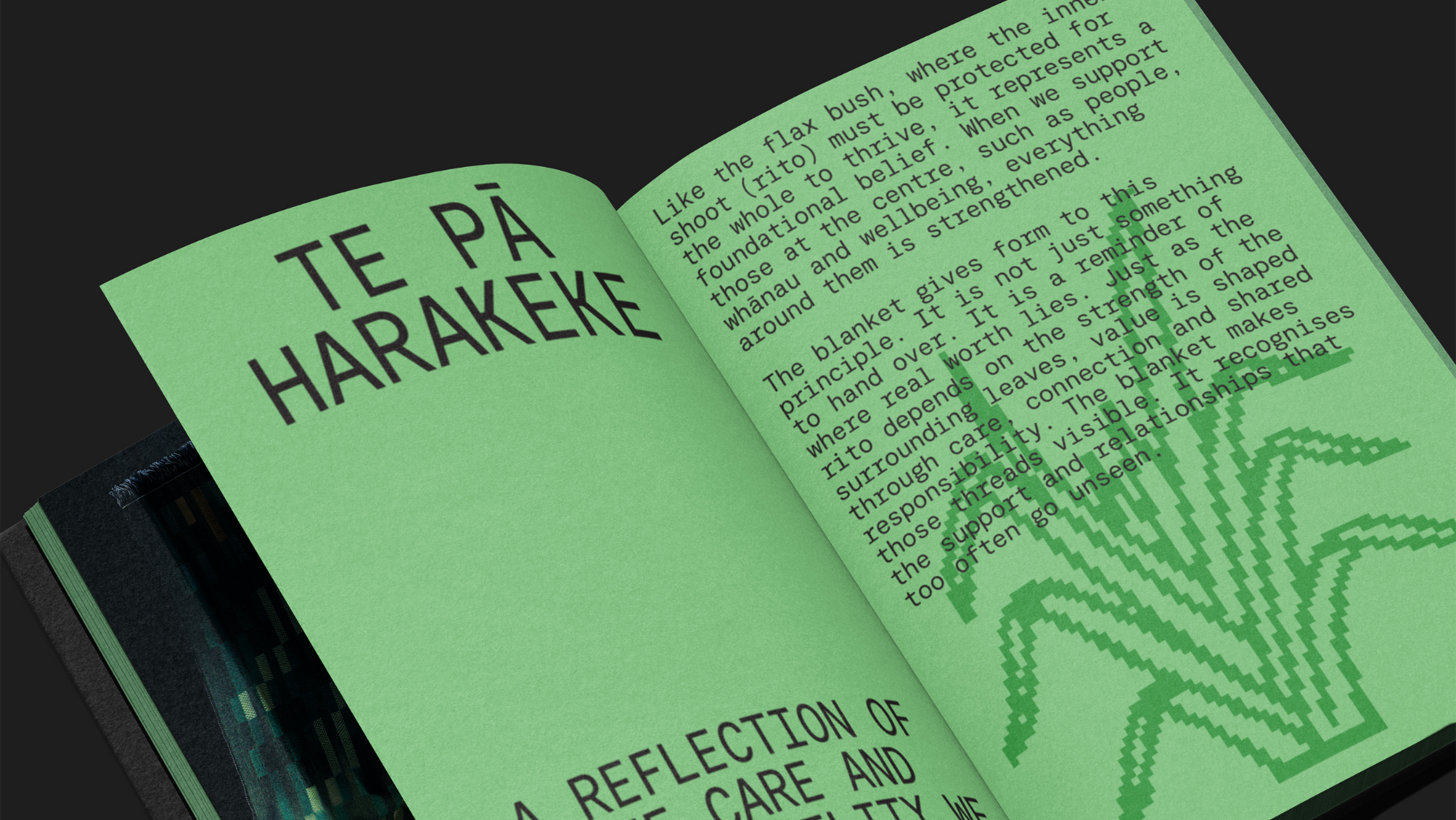
“This wasn’t a campaign where we could lean on polished comms or metaphor for metaphor’s sake,” he said.
“Every detail had to be deliberate -- from the fibre, to the ledger, to the way it’s accepted rather than gifted. We kept checking ourselves: are we reinforcing the system, or challenging it?
“The point wasn’t to persuade, but to offer something to carry. Something that holds up in a policy space, but still feels rooted in care, dignity, and human values. It needed to carry weight without preaching. Less about telling someone what matters, and more about asking them to reckon with it.”






